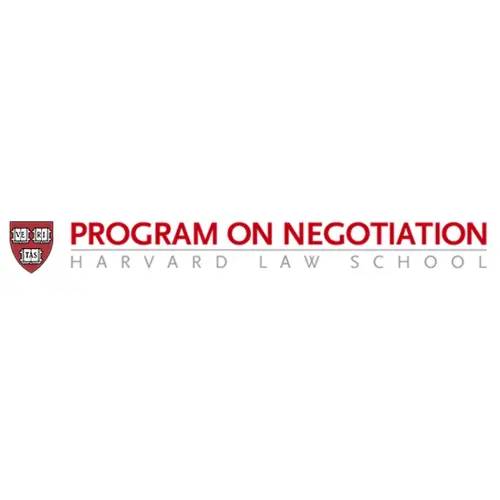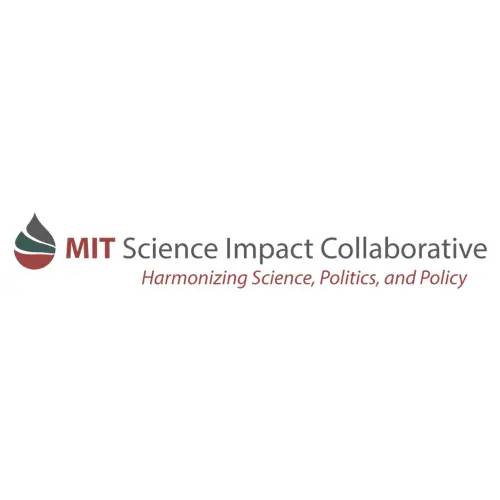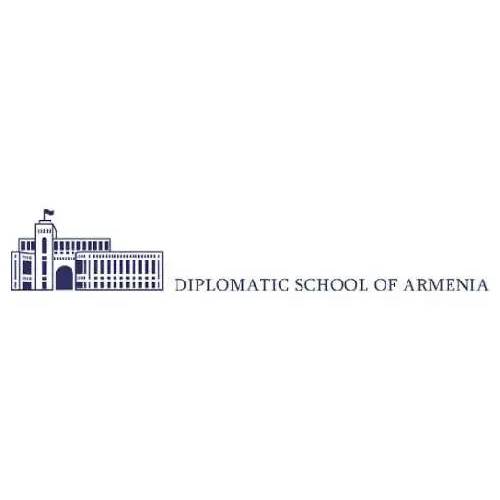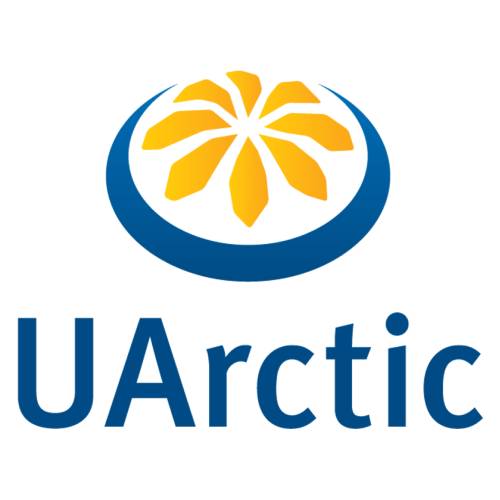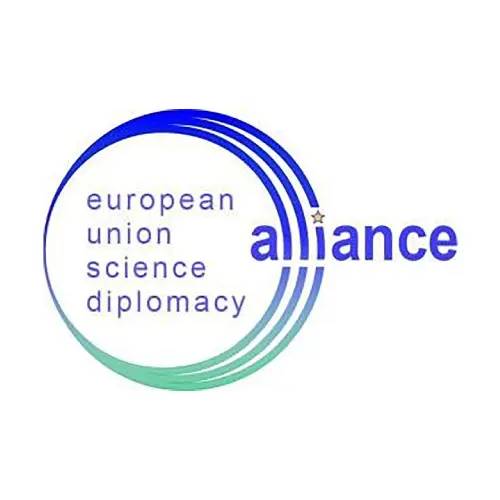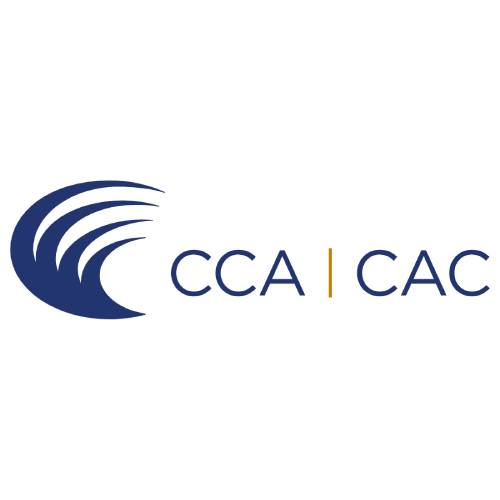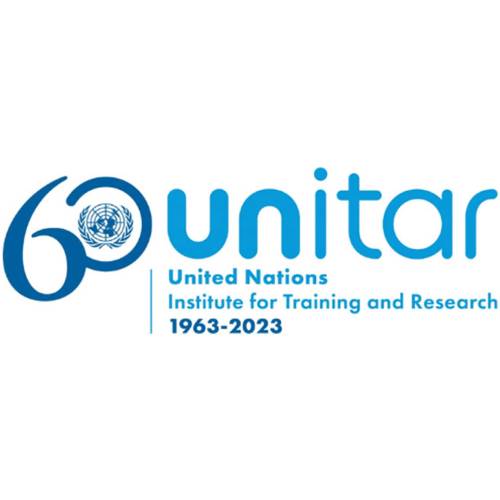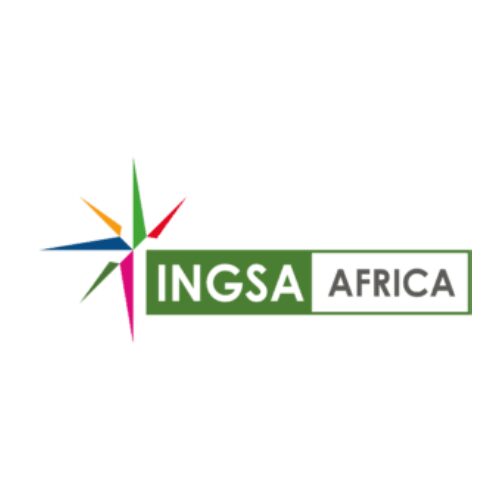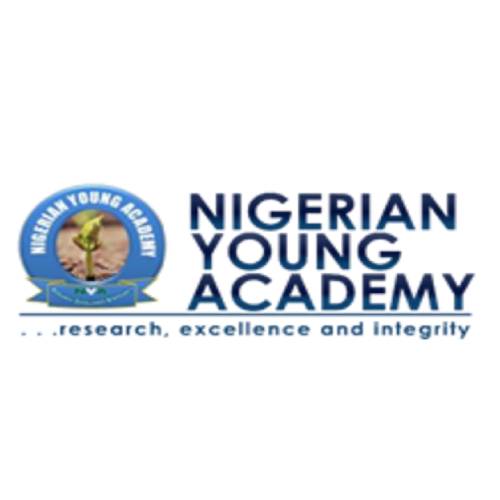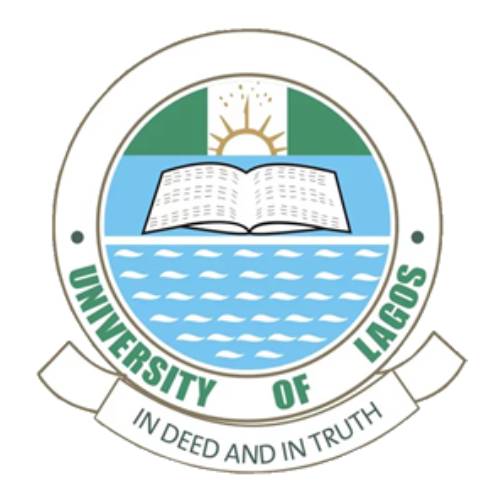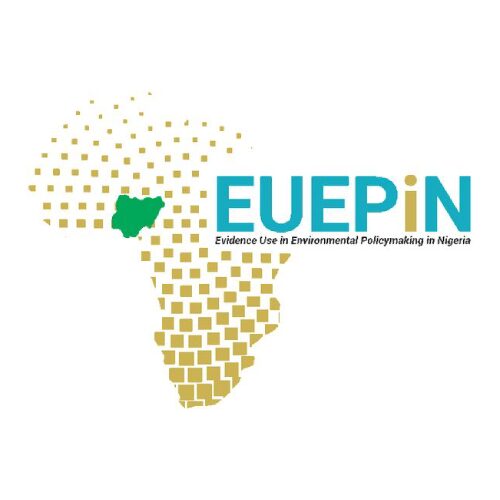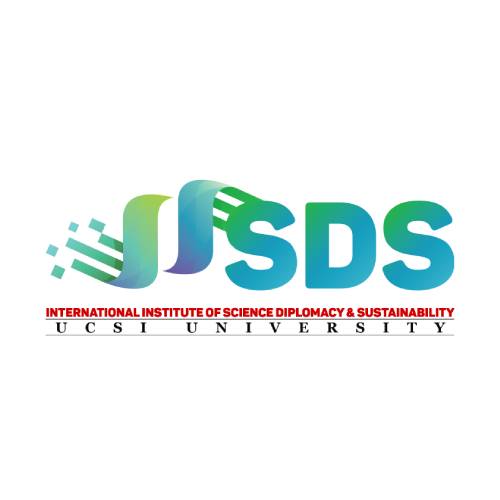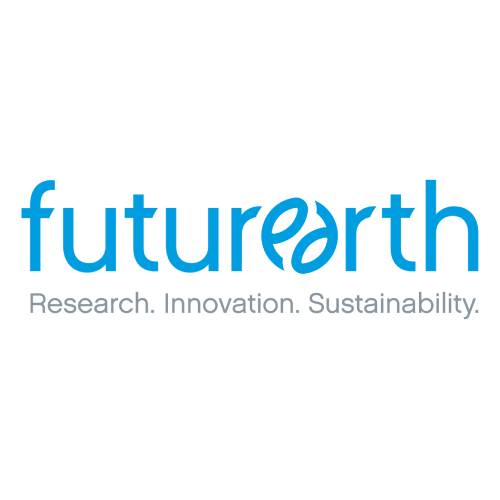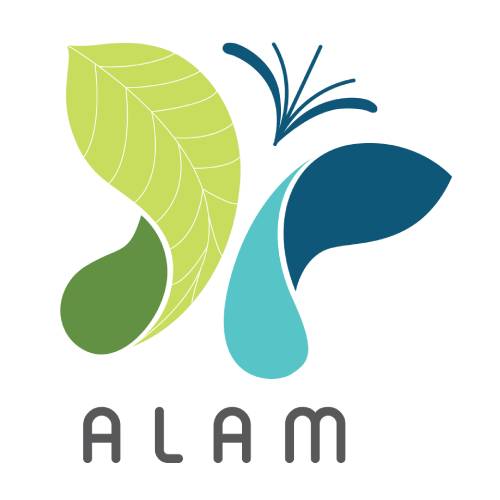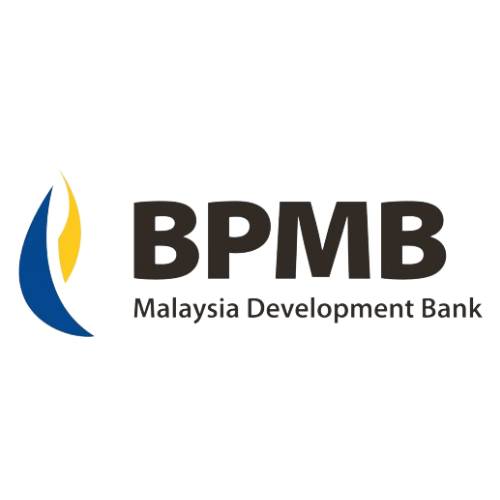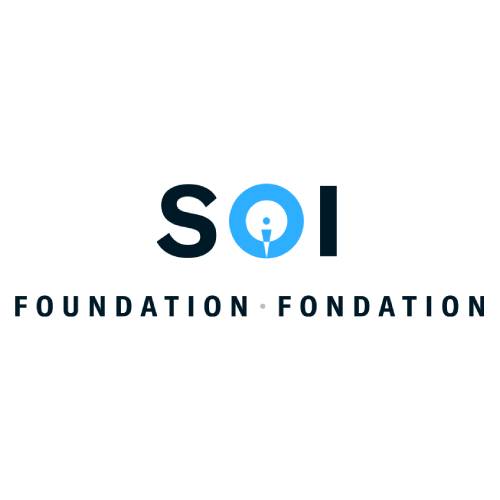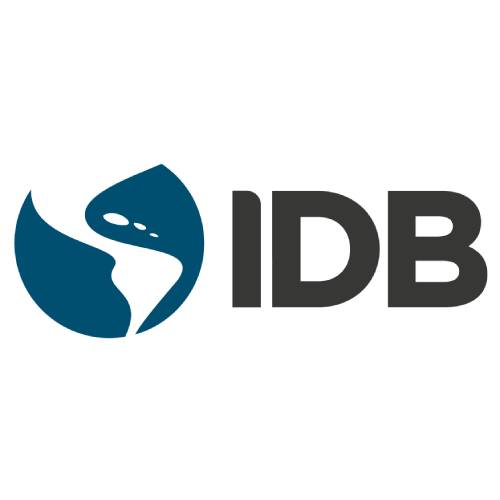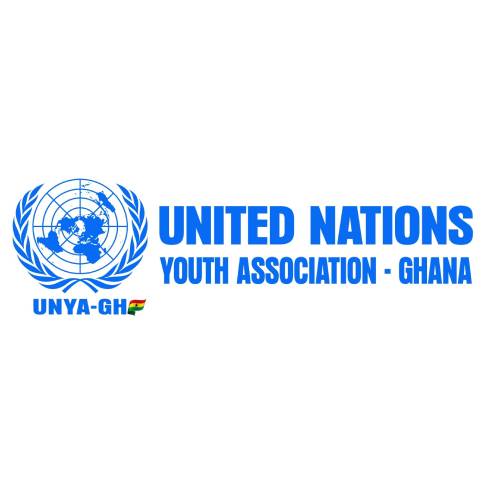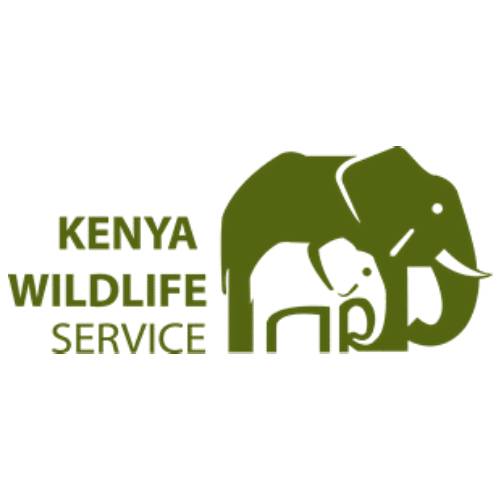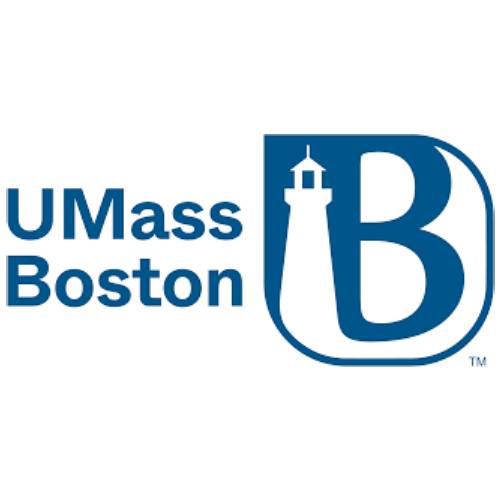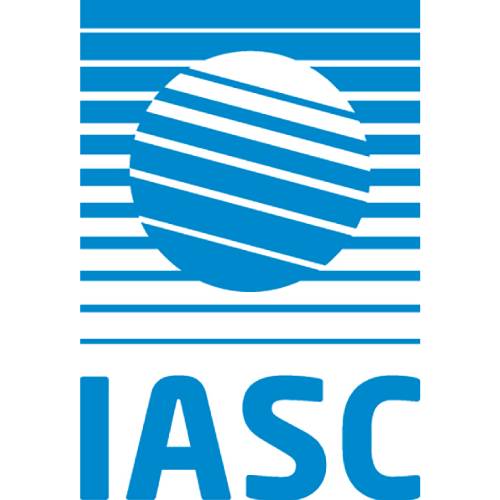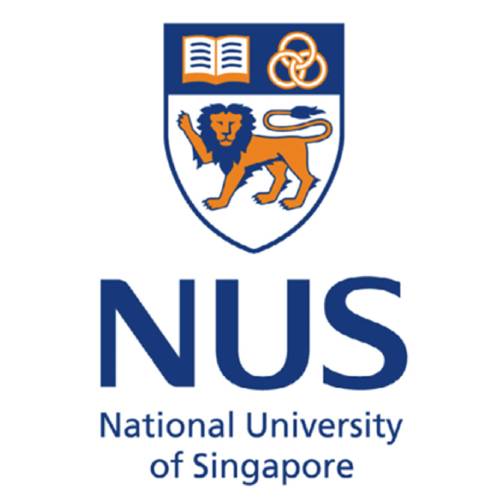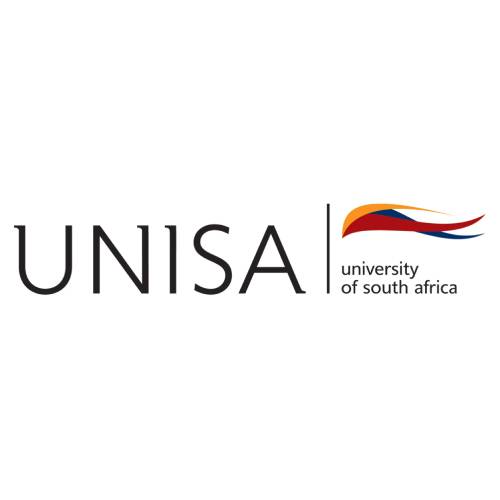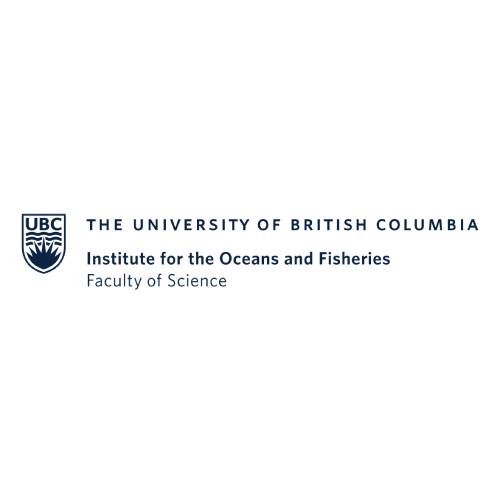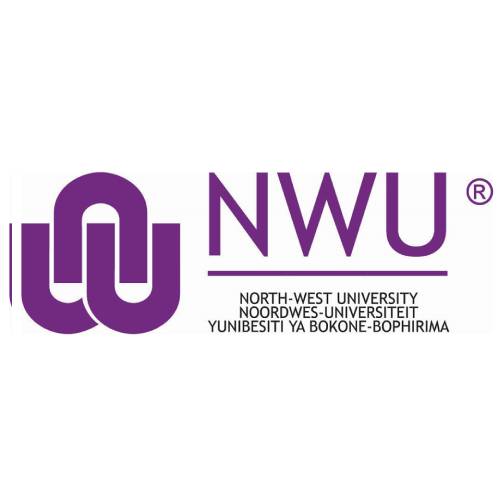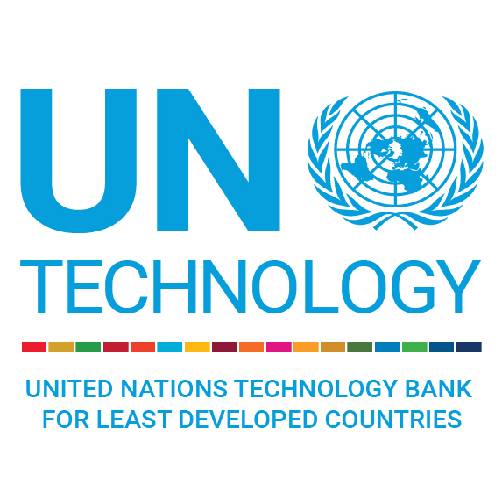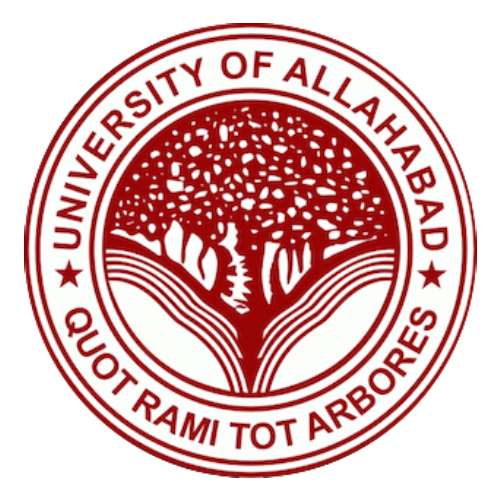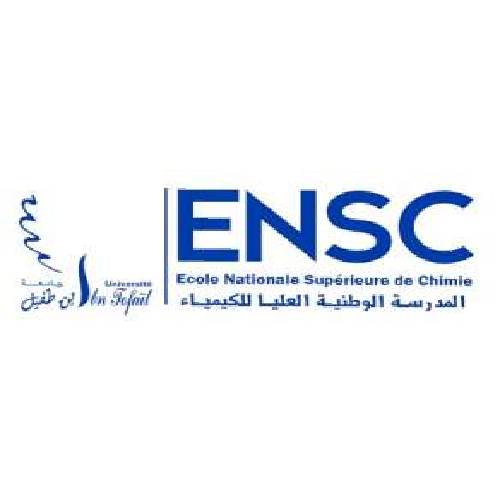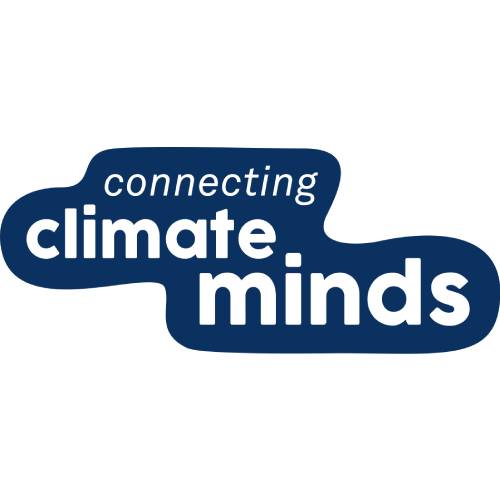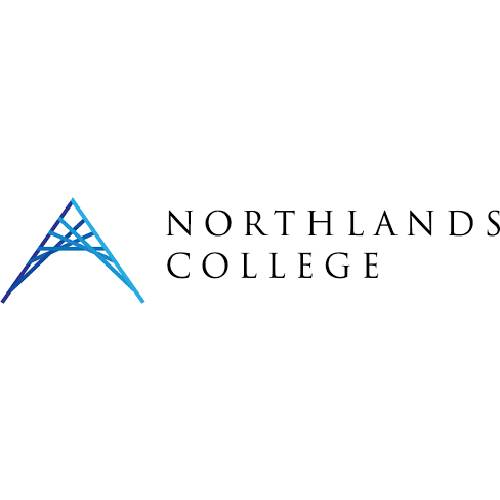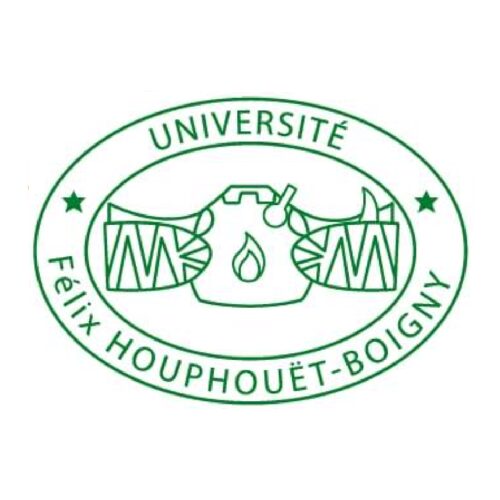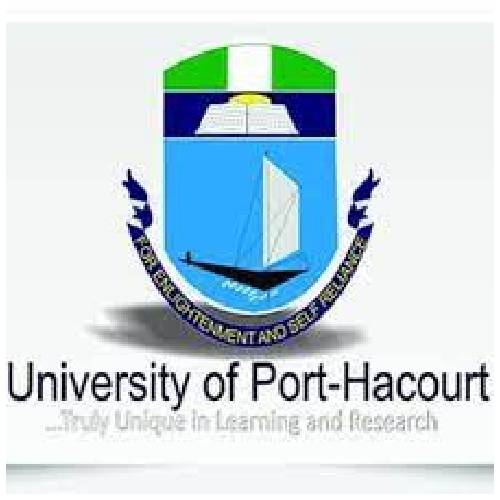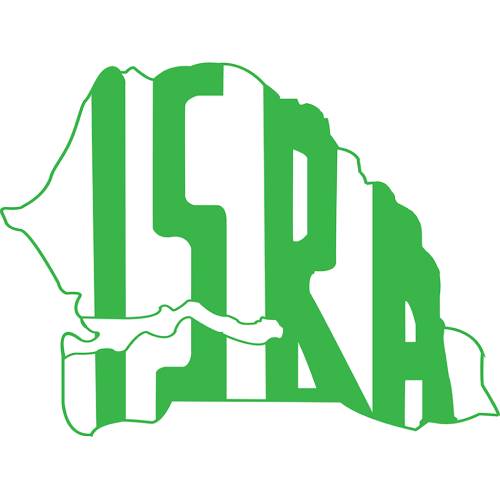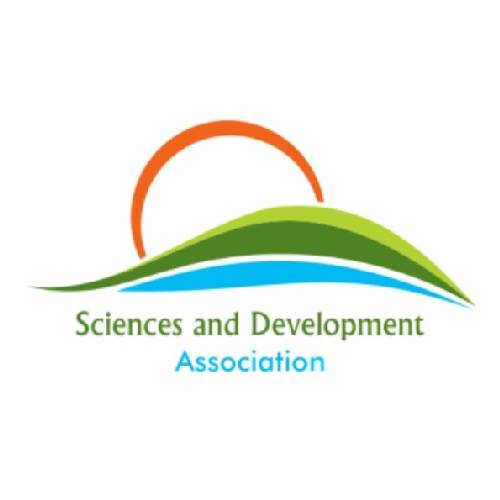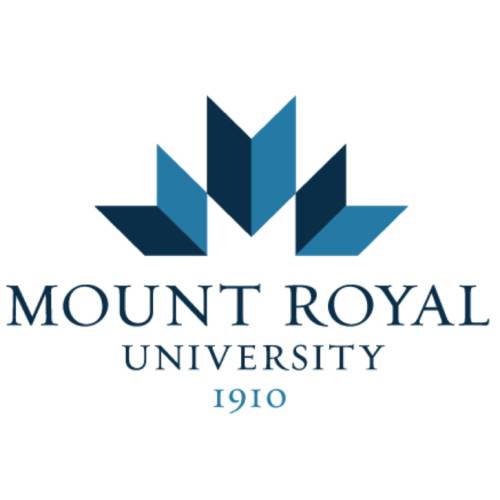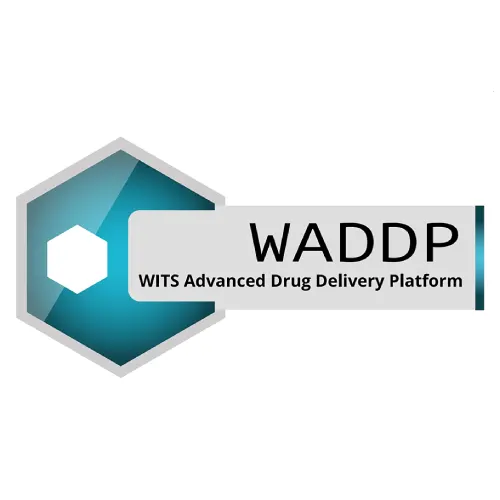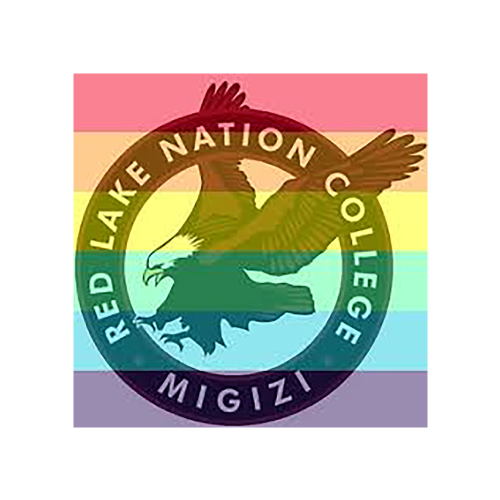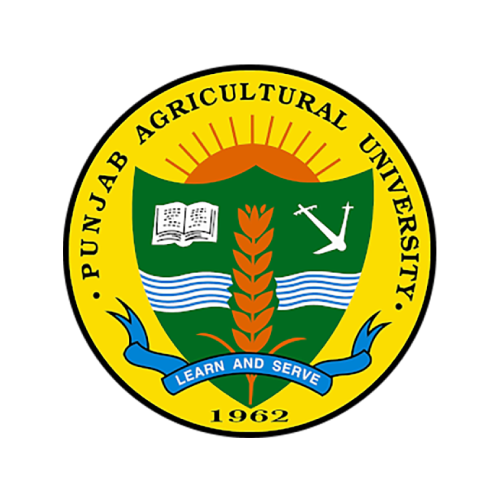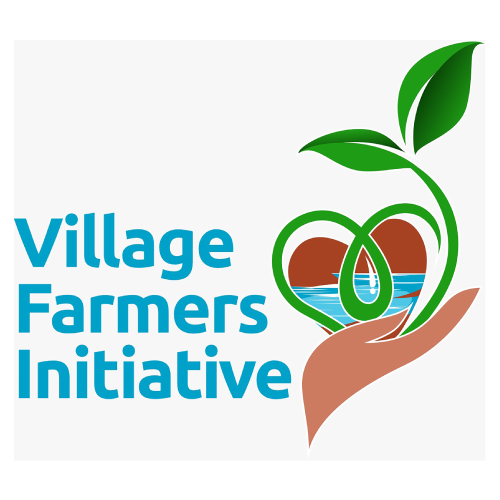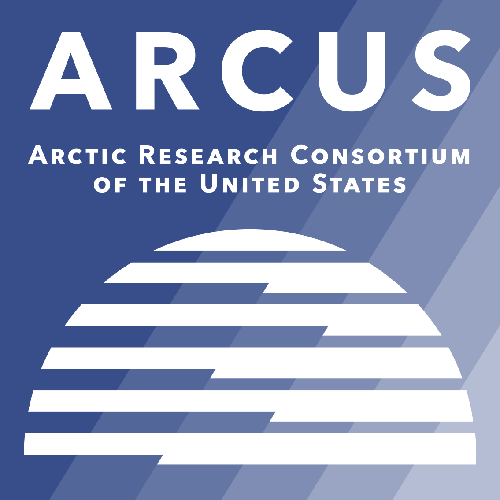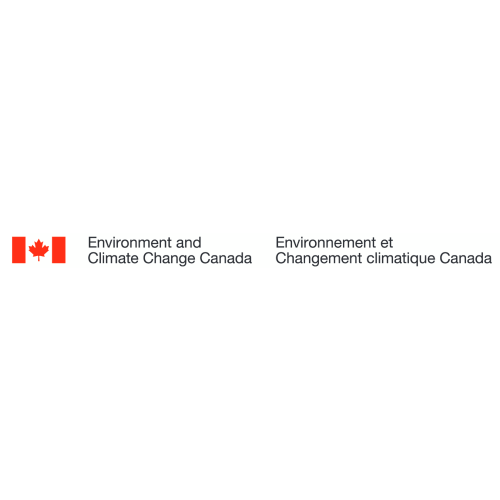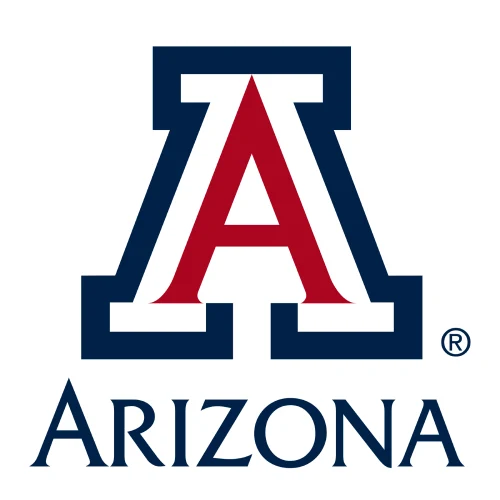Professor Paul Arthur Berkman
Professor Paul Arthur Berkman is a science diplomat, applying, training and refining informed decisionmaking to balance national interests and common interests for the benefit of all on Earth across generations. He wintered in Antarctica on a SCUBA research expedition with Scripps Institution of Oceanography in 1981 and became a Visiting Professor at the University of California Los Angeles the following year at the age of 23, beginning to teach about science diplomacy. Paul travelled to all seven continents before the age of thirty, leading to his textbook on Science into Policy: Global Lessons from Antarctica. From research into action, as a Fulbright Distinguished Scholar at the University of Cambridge, Prof. Berkman co-convened and chaired the Antarctic Treaty Summit in Washington, D.C. in 2009, DC, celebrating the first fifty years of the 1959 Antarctic Treaty “with the interests of science and the progress of all mankind.” A legacy of this holistic (international, interdisciplinary and inclusive) dialogue – sponsored by more than forty organizations around the world, including the United States House of Representatives and United States Senate with a keynote from H.E. Ban Ki-moon (United Nations Secretary-General) – is the first book on Science Diplomacy. The following year, applying skills with science diplomacy, he co-directed and chaired the first formal dialogue between NATO and Russia regarding security in the Arctic, resulting in a book that now has nearly 85,000 downloads. Insights from that unique dialogue were communicated more broadly with the New York Times in 2013 about “Preventing an Arctic Cold War” – anticipating current circumstances would arise without balancing conflict resolution and common-interest building strategies. His transdisciplinary research spans: aquatic biology; biological oceanography; coastal ecology; data management; engineering; international law; marine geochemistry; paleoecology; and science diplomacy with informed decisionmaking. Triangulation with research, education and leadership opened the door to the Arctic Options and Pan-Arctic Options projects that began in 2013 through the 2022, coordinated by Paul, focusing on Holistic Integration for Arctic Coastal-Marine Sustainability with support from national science agencies in Canada, China, France, Norway, Russia and the United States. Prof. Berkman joined Tufts University from 2015-2020 at the Fletcher School of Law and Diplomacy, where he founded the first Science Diplomacy Center™ in the world in an academic institution, which has since become a nonprofit corporation with him as the President. In 2016 and 2017, he convened the 1st and 2nd International Dialogues on Science and Technology Advice in Foreign Ministries. Prof. Berkman is a Faculty Associate with the Program on Negotiation (PON) at Harvard Law School and Associate Director of Science Diplomacy in the Harvard-MIT Public Disputes Program as well as a Senior Fellow with the United Nations Institute for Training and Research (UNITAR), training science diplomacy and informed decisionmaking with the diplomatic corps of many nations through the foreign ministries and with next-generation leaders more broadly. Paul also is senior editor of the Springer book series on Informed Decisionmaking for Sustainability, building common interests with lifelong learning “for the benefit of all on Earth across generations.” For his international, transdisciplinary and inclusive contributions, Prof. Berkman has been honoured with awards in the United States, United Kingdom, Switzerland, Russian Federation, Norway, New Zealand and Japan. Most recently, the United States Department of State and Norwegian Ministry of Foreign Affairs awarded Paul the Fulbright Arctic Chair 2021-2022 at UiT | The Arctic University of Norway. In May 2023, Paul was awarded a Guinness World Record, which he set in 1981 for the Deepest Dive through an Ice Hole (16 meters) through the McMurdo Ice Shelf, Antarctica. Paul is happily married with two daughters.

Professor Paul Arthur Berkman
Member, Board of Directors of the Science Diplomacy Center™

NON-RESIDENT FELLOWS
This program imagines growth with next-generation science diplomats inclusively to create synergies,
building common interests with informed decisionmaking
to transform our globally-interconnected civilization short-to-long term.
QUESTIONS ARE ENCOURAGED.
Please review the NON-RESIDENT FELLOW APPLICATION, welcoming passion and creativity.
DR. ZIA MADANI
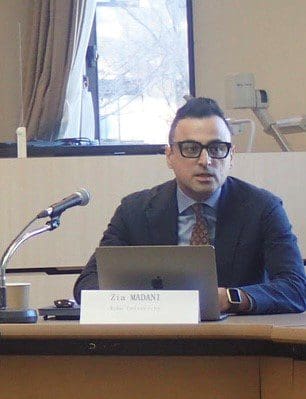
5th International Polar Year - Research Plan
This research initiative entitled “Implementing the 5th International Polar Year in 2032-2033 with Next-Generation Science Diplomats” addresses the International Polar Year (IPY) dialogue, for it is relevant, timely and significant. It has cross-cutting relevance for Early Career Researchers (ECRs), considering polar research and Earth system science, inclusively. With climate warming occurring 4 times faster in the Arctic and 3 times faster in the Antarctic than elsewhere on Earth, it is timely to start thinking and preparing for IPY-5, as already endorsed by the Scientific Committee on Antarctic Research (SCAR) and International Arctic Science Committee (IASC) as well as other organizations. Planning and implementation of IPY-5 will be a long-term effort, opening the door for ECRs as next-generation science diplomats to make substantive contributions now via institutions, such as the Association of Polar Early Career Scientists (APECS), which emerged from IPY-4 in 2007-2008. Accordingly, my research initiative seeks to enhance intergenerational capacities with the IPY as a global research process, reflecting the longest continuous assessment of Earth’s climate. In so doing, using the transdisciplinary methods of Open Science with sustainable development framing, this research seeks to create opportunities for polar ECRs e.g., graduate students, postdocs and junior faculty, as next-generation science diplomats, that a decade from now will be well-established in their professions and will help implement the IPY-5 in 2032-2033. The opportunity is now to bring the ECRs to become actively involved in planning and organising IPY-5.


